Retirement is more than just saving money until you stop working. It can be easy to be on retirement auto-pilot, especially when your retirement money is taken out of your paycheck. But there is so much more to retirement than money taken out of your paycheck. If you’re looking to up your retirement know-how, this article is for you. We’re going to go over 3 terms that are crucial to understand when making decisions about your retirement.
- RMD
This is a big one. It stands for required minimum distribution. When you reach a certain age, most retirement accounts will require you to take money out of your retirement account if you don’t want to pay a penalty. This is very important when it comes to retirement planning because, for most retirement accounts, you can’t leave the money in there forever. At some point, you will have to take distributions from your accounts. So, planning around RMDs and their effect on your income and taxes might be useful depending on your situation.[1]
- Liquidity
Here’s a secret that you may not know: there are plenty of wealthy people who aren’t on the right track to retire well. How is this possible? We don’t always think about being wealthy in the way that we should. It’s entirely possible to afford a big house, have a nice car, and feel wealthy. The things you own may even be worth a lot of money. But the issue with assets like these is that they are not liquid. You could have a $10 million home, but unless you want to move and sell your house, that $10 million isn’t really in your pocket to spend. An asset that you can use right now to purchase something is called a “liquid” asset. Something has “liquidity” if you can easily and quickly exchange it for a different good or service. For instance, the US dollar is a highly liquid asset, especially in the US, because it can be exchanged almost instantly for nearly any good, service, or asset.[1]
- Fiduciary
Fiduciaries are professionals, often financial or legal, who are qualified and legally bound to a “fiduciary responsibility,” which means they are obligated to act in your best interest instead of whatever makes them the most money. There are a few different kinds of fiduciaries, but many financial professionals will have fiduciary designations, which is something to note when selecting someone to help guide you through retirement.[1]
Remember, your retirement is just as much about your goals and situation as it is about the technical aspects. Of course, without someone in your corner with financial know-how, you could run the risk of making costly mistakes or missing out on opportunities. But without your engagement, your financial strategy might not suit your unique needs. That’s why it’s important to know these important retirement terms. Think of it like a team sport. With the help of a financial professional, you can design a retirement plan with a purpose aimed at your specific goals and dreams for your golden years. Consider reaching out to one of our professionals today for a complimentary review of your finances.
[1] https://www.guideline.com/blog/401k-glossary/
This information is provided as general information and is not intended to be specific financial guidance.










